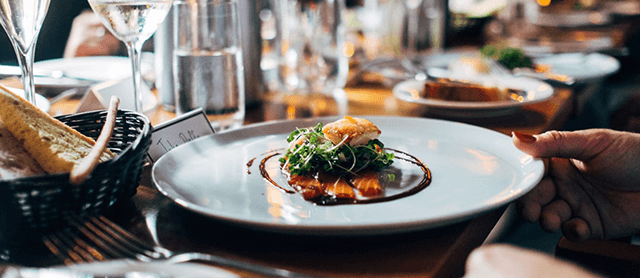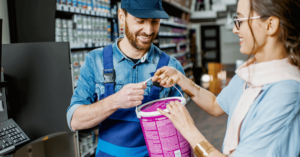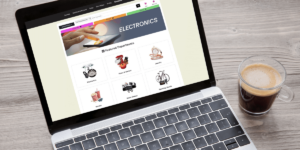Food and beverage manufacturing is an increasingly competitive space – and one which has been slow on the uptake of implementing strategic incentive programs to gain a competitive advantage. However, with 615,000 businesses competing for $6 trillion in annual revenue, we expect that to change.
Similar to industries like building materials and construction, decentralized distribution, cheap transportation, and digital marketing have enabled new food and beverage manufacturing companies to enter the market. When ambitious upstarts are going up against incumbent industry giants, incentives can make a substantial difference for both sides.
In this article we’ll be looking at how 4 different incentive program strategies can help food and beverage manufacturing companies increase sales, build brand awareness, and gain market share.
Distributor Loyalty Incentives
Before you can capture the attention of dealers and other external sales reps, you need to make sure your distributors are keeping you in the mix. Using a distributor loyalty program to provide rewards based on access to high priority verticals or maintaining a certain percentage of your distributors’ product mix will pay dividends further down the supply chain. A distributor loyalty program that communicates, measures, and recognizes noteworthy performance can help you gain mind share with other channel partners.
All other things being equal, who do you think your distributor is more likely to prioritize – a company that gives them the opportunity to earn millions of cool rewards or a comparable food and beverage manufacturing company who provides them with nothing?
Dealer Sales Incentives
Dealers are a key conduit in B2B sales. They represent your brand to the retailers, wholesalers, and other vendors who will get your product to the end-consumer. A dealer incentive program is an effective way to build brand awareness, to educate dealers on your products, and, by rewarding them, turn dealers into advocates for your brand.
By strategically using incentives, you can motivate a variety of behaviors from your dealers that will be beneficial for your brand. For instance, you could provide exclusive incentive travel rewards to top dealers based on sales performance. Or you could reward a wider segment of dealers for participating in surveys, trivia, or for performing well on interactive quizzes. After all, capturing mind share can make all the difference, since dealers are more likely to recommend brands and products that are top of mind.
If you’re interested in learning more about dealer incentives (and there are tons of different ways you can motivate dealers to work for you), I encourage you to download Incentive Solutions’ latest e-book, free of charge.
Gather More Complete Sales & Marketing Data
Data collection is an important function of modern incentive programs. Sales verification and upload tools, convenient mobile apps, CRM integration, and advanced audience segmentation, all result in cleaner, more complete data and analytics. By gaining further insight into their sales channels, food and beverage manufacturing companies can leverage that data to make strategic decisions to improve their future sales and marketing efforts.
Increase Employee Productivity
While the strategies we’ve discussed so far have all been focused on channel sales, food and beverage manufacturing companies can also use incentive programs to improve internal productivity. An employee rewards and recognition program can improve productivity and reduce turnover costs. Doing so will reduce overhead and ensure your internal staff is motivated to provide higher quality service to your channel partners.
Additionally, in competitive industries like food and beverage manufacturing, top talent is always in high demand. Make sure your best and brightest employees are committed to your brand and aren’t tempted to jump ship for competitors.
BthruB for Food and Beverage Manufacturing
At Incentive Solutions we created the term BthruB to represent what the modern channel sales process looks like. The greatest potential growth for most companies comes from positively influencing the intermediary businesses they rely on to reach the end-consumer. Our commitment is to provide businesses with the tools, analytics, and consultation they need to optimize their channel sales and to help them sell through other businesses.
Food and beverage manufacturing companies are facing similar challenges to other BthruB industries. And we’re happy to draw on our over 25 years of expertise to provide them with solutions. Feel free to give us a call at (866) 567-7432 if you’re interested in learning more.
Yours,
Mark Herbert



